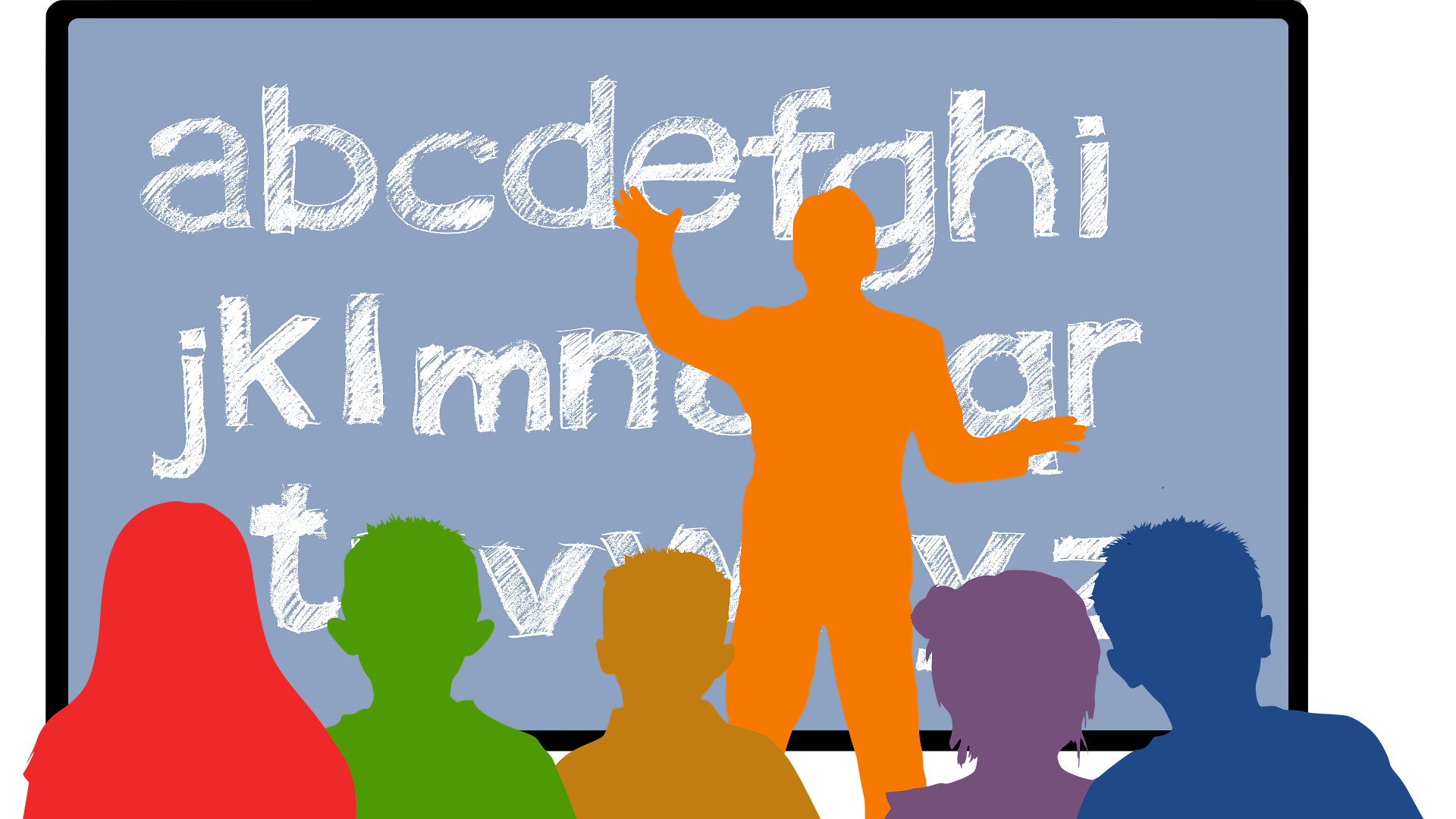Becoming Technologically Literate: A Key Skill for Your Future
In a world where almost everything we do involves technology, having the ability to understand and use it effectively is essential. This skill is called technological literacy. Being technologically literate doesn’t just mean knowing how to use a smartphone or computer for fun. It involves using technology thoughtfully for practical tasks, like completing school assignments, researching information, or even preparing for a future career. With technological literacy, you’re prepared to engage with the digital tools that are becoming increasingly important for learning and working.
Technological literacy is all about knowing how to use, understand, and evaluate technology. Think of it as a skill that builds a bridge between what you want to achieve and the tools that help you get there. It’s not just about following instructions on a screen but about understanding how technology can serve your goals. From using apps for education to finding resources for homework, knowing how to access and make sense of the tools at your fingertips is valuable. With solid technological literacy skills, you can work faster, smarter, and more confidently in almost any environment.
Why is technological literacy important for students? In schools and workplaces today, technology is everywhere, from digital textbooks and online research databases to communication platforms and productivity tools. Having these skills isn’t just nice; it’s a necessity. Many teachers now assign digital projects, and exams might even be conducted online. Knowing how to use technology to enhance your learning experience prepares you for these situations. For example, understanding how to use a tool like Google Docs or Microsoft Word lets you work on assignments, share documents with classmates, or collaborate on group projects. With such tools, you don’t just learn how to type or format but also discover how technology can make teamwork and organization easier.
Imagine you have a research project on the environment. If you’re technologically literate, you can easily navigate educational websites, locate reliable information, and use digital tools to organize your research. You can even find multimedia sources, like videos or interactive diagrams, that bring your topic to life. This kind of work isn’t just about gathering facts but about practicing how to access information and use it in a meaningful way. As you learn to research, analyze, and present your findings, you’re also gaining skills that will help you in college and beyond.
Beyond the classroom, technological literacy prepares you for future career opportunities. In many jobs, from medicine and engineering to art and design, using technology is part of the daily routine. If you already have a solid foundation in technology from school, you’re ahead of the game when it comes to job training. Being able to learn new digital tools or adapt to changing technologies makes you more flexible and valuable as an employee. By being technologically literate, you’re showing that you’re adaptable, capable, and ready for what the future holds.
It’s also worth noting that technology is constantly evolving. Even if you feel confident with the technology you’re using now, it’s a good idea to stay open to learning new skills and tools as they come out. Staying updated with technological developments means you’ll always be ready to take advantage of new ways to learn, work, and connect. This openness to growth and improvement will make your life smoother as you tackle challenges that require new solutions.
In short, technological literacy is more than just a useful skill; it’s a key that unlocks many opportunities. By learning how to use, understand, and evaluate technology, you’re setting yourself up for success in school, in your career, and in life. Embrace it as a skill that can help you accomplish more with greater ease. The more comfortable you become with technology now, the more prepared you’ll be to face whatever challenges come your way.

